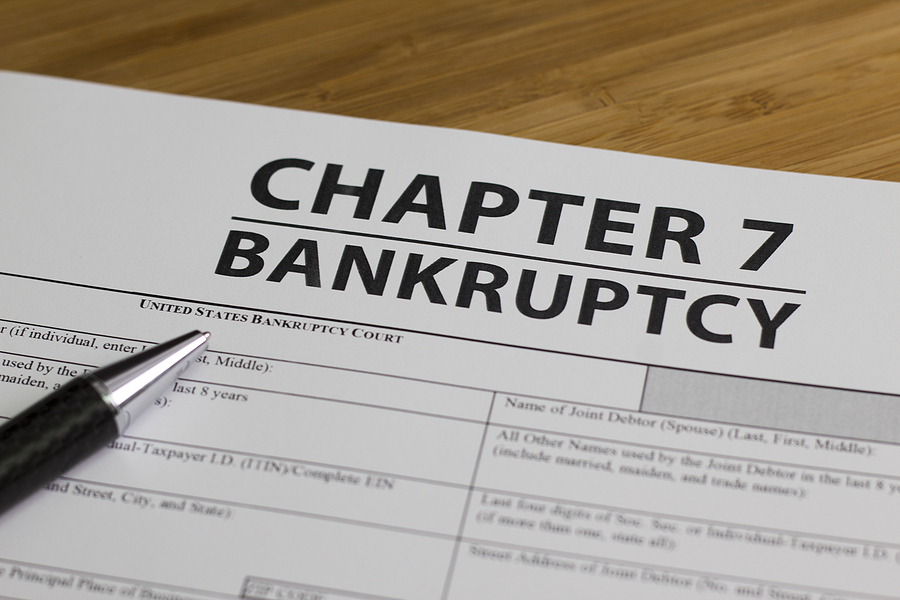Chapter 7 bankruptcy is the option to liquidate assets to pay back creditors as much as possible before discharging the remainder of your debts. You can use it as a means of getting rid of debts that you cannot handle, but you must understand how it works before considering it as an option. At Kain + Henehan, we work with clients every day who file bankruptcy to get out of debt and start their financial lives over. Here is what we think you should know about Chapter 7 debt relief before starting the process.
What is the Benefit of Chapter 7 Debt Relief?
When you file for Chapter 7 bankruptcy, you are choosing to pay creditors by liquidating certain assets. Any excess asset that you have that is not legally protected from being sold can and will be sold to pay back your creditors.
This is the type of bankruptcy most people are afraid of since it looks like you could lose everything that you own. However, that is not the case. In most cases, you can keep a big portion of what you have through exemptions and other means.
The benefit of Chapter 7 debt relief is that you only have to liquidate what you have that is not exempt. That means that once all of your non-exempt assets are liquidated, the remaining part of your debt that you couldn’t cover is discharged.
The Downside to Bankruptcy Debt Solutions
Although Chapter 7 can get you out of debt without having to pay all of it, there are downsides to bankruptcy debt solutions. Bankruptcy can severely damage your credit, making it nearly impossible to get good rates on loans or other lending opportunities. Many institutions will not lend to you at all if you have a bankruptcy on your record.
Bankruptcy can stay on your credit report for seven to ten years, making it difficult to raise your score back to a good level in the short term. Another common problem is that you cannot use bankruptcy again within a seven to ten-year period, depending on where you are and which type of bankruptcy you file. This removes the potential safety net should you try to go back into business or fall back into debt again.
Who Should Take Advantage of Chapter 7 Debt Relief?
Chapter 7 debt relief is not ideal for everyone. It is best for those with a lot of assets that can be liquidated but not a lot of income. Having significant assets lets you pay back a large portion of your debts, which may be required to successfully file for Chapter 7 bankruptcy. If you have valuable assets that are exempt, this may work well for you as well. Otherwise, a different form of bankruptcy may be better for you.
The only way to know for sure which type of bankruptcy is best for you is to discuss your case with a qualified bankruptcy attorney. At Kain + Henehan, we work with people just like you who need a solution but are not sure if bankruptcy is the best option. Contact Kain + Henehan by calling (612) 438-8006 or filling out the online form.

